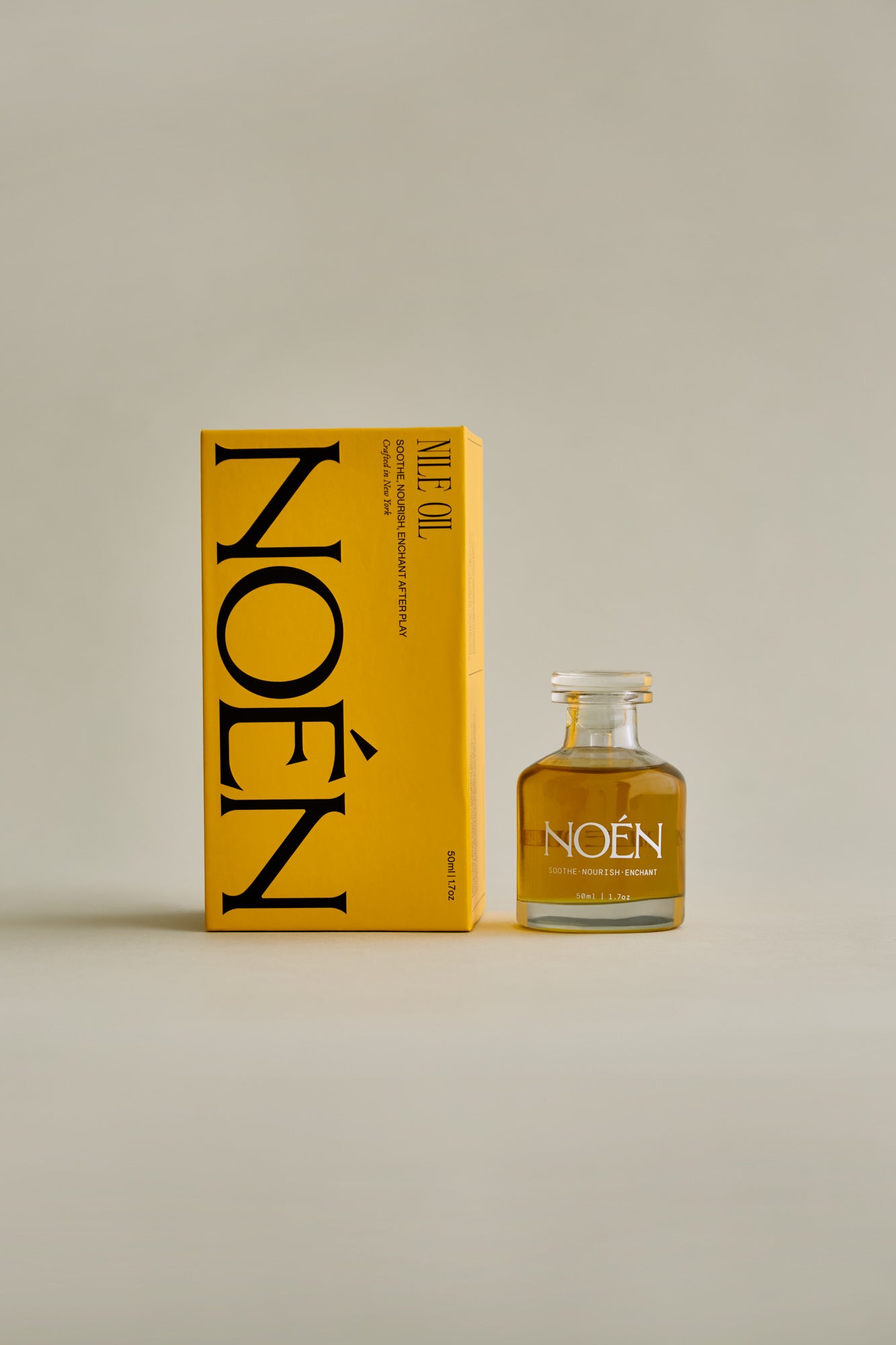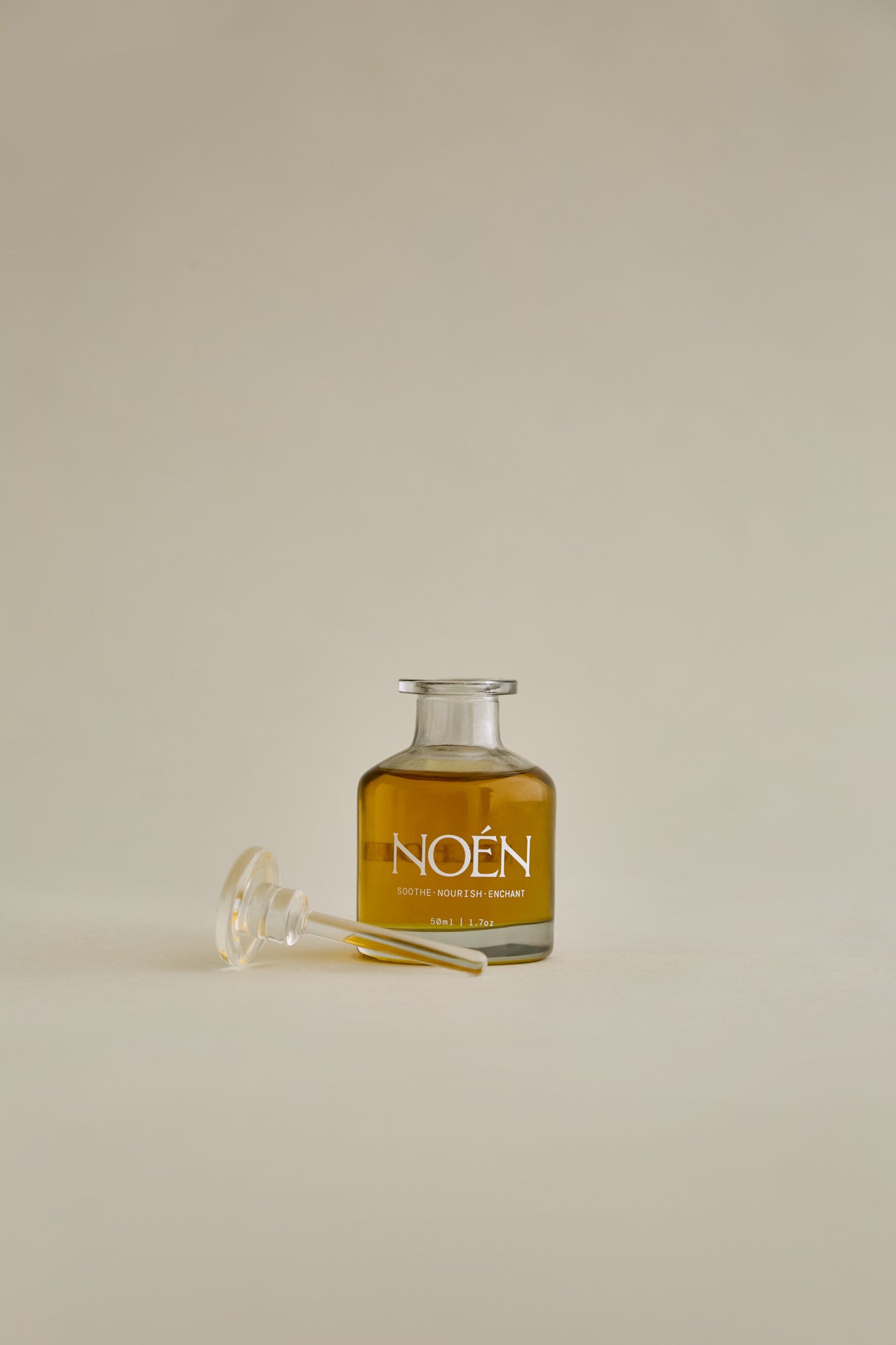We are socialized in a world that tells us, “when you meet ‘the one,’ you’ll just feel it.” Feel what specifically, though? All-encompassing frenzy? The desire to be so completely consumed by them no part of you exists they haven’t touched? Society is so obsessed with the intense, overwhelming experience of a passionate love story that we often confuse it with a psychological phenomenon called limerence.
In 1979, psychologist Dorothy Tennov coined the term “limerence” in her book "Love and Limerence: The Experience of Being in Love." It describes a spell of infatuation and obsession with another person that closely mirrors the addictive grip of drug dependence in both behavior and neurobiology. This literally intoxicating experience activates our brain’s reward circuitry, flooding us with hits of dopamine and igniting intense feelings of pleasure. We can even experience withdrawal symptoms when our limerent objects are away or don’t reciprocate our affections. But that’s exactly the problem: it’s an experience that feels a whole lot like devotion but actually reduces our lovers from human beings to (limerent) objects.
One morning, over brunch and a devastating breakup voice note I received unexpectedly, I found myself discussing with my best friend Bea this tendency I have—to ferociously devour my sparks of connection whole.
“Le petite mort,” Bea stated, as if additional context wouldn’t be necessary.
I squinted at the menu. “Pretty sure the closest thing they have to that is crepes,” I said, indicating the obvious need for additional context.
“It means ‘the little death.’ It’s a French euphemism for orgasm,” she explained.
I nodded, “ah, right, because France.”
“Because in that climax, that release, there is a little death in a sense. For a moment, we get to leave our bodies and merge with the universe a little,” she explained.
“Hot,” I responded (incorrectly).
“You are addicted to the loss of self that is the result of merging with another person. The chemistry. That fire you feel? It’s you burning. It’s thrilling, but when it keeps happening over and over again, maybe you need to ask yourself: why does my experience of being in love feel like obsession? Why do I need to escape my own internal world to feel alive?”
And with that, my personal Dorothy Tennov went ahead and ordered us crepes.
If we’re really honest with ourselves, the experience of limerence extends beyond lovers; it’s in everything we have the potential to savor: a song we tire of in a week after looping on repeat, a meal we barely chew, a book that leaves indentations on our cheeks because sleep forcing our eyes closed is the only thing that can get us to look away. We must have everything immediately, all at once.
What is it about lingering within our own lines that feels so uncomfortable?
Sometimes it feels like we are bombarded with opportunities to lose ourselves. You could live the rest of your life without a single moment of stillness if you wanted to, replacing them all with scrolling. You could silently cum over and over again to a never ending stream of bodies on a screen, disconnected from their personhood, and not feel a single actual sensation in your own. We were born into this world as beings bursting with existential questions about purpose and pleasure, and instead we sink into an abyss of content outside of ourselves.
Why would our relationship to attachment look any different? Especially when the narratives around love dictate: It's a partnership, or it is nothing. It lasts forever, or it failed. There is such an overwhelming pressure for us to find “that one” connection that will complete us, why wouldn’t we try to force our partners into the exact shape of the hole in our hearts?
I think we find the antidote, the true embodied difference between love and limerence, when we ask ourselves: what would it look like to tend to my own inner world? What would it feel like to slow down and learn to enjoy occupying myself as I am? When we find a protectiveness of our vibrance, staying within our own boundaries becomes less difficult. And in turn, we can learn to approach our connections with curiosity about their personhood. Their unique vibrance. Because that is intimacy: being authentically who you are, with all your complexities and contradictions, in connection with someone else and making room for them to do the same.
I do believe from the bottom of my heart we don’t need to sacrifice passion in love, but we do need to notice if we are confusing love for a compulsive desire to escape into other people. And if we enjoy that release of self, maybe we can at least recognize it for what it is: a hit of something. A couple of glasses of wine. A key bump. We don’t have to villainize it; we’d have a hell of a lot less great art if we did.
But we owe it to ourselves to find the courage to recognize the difference.







